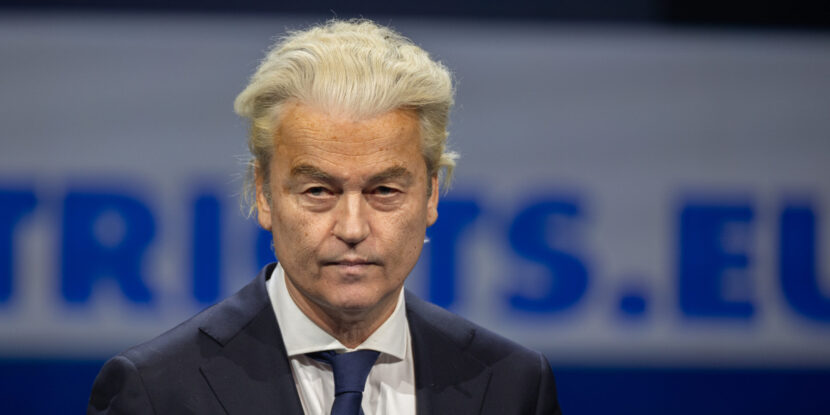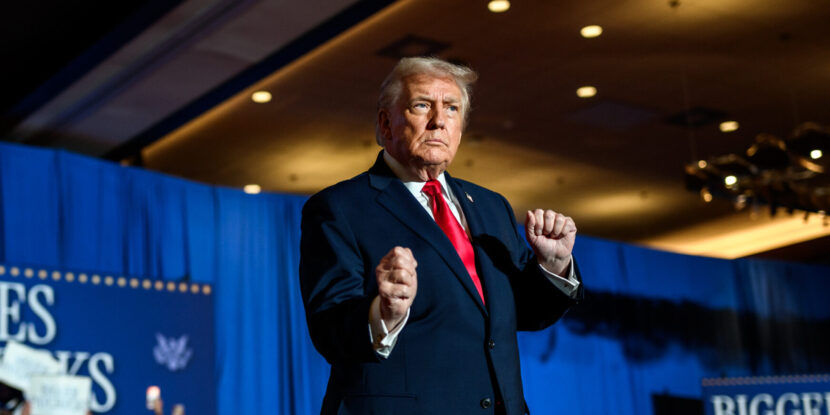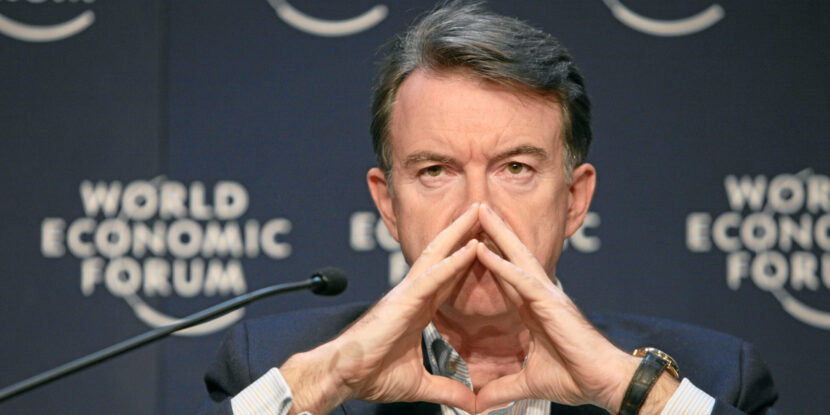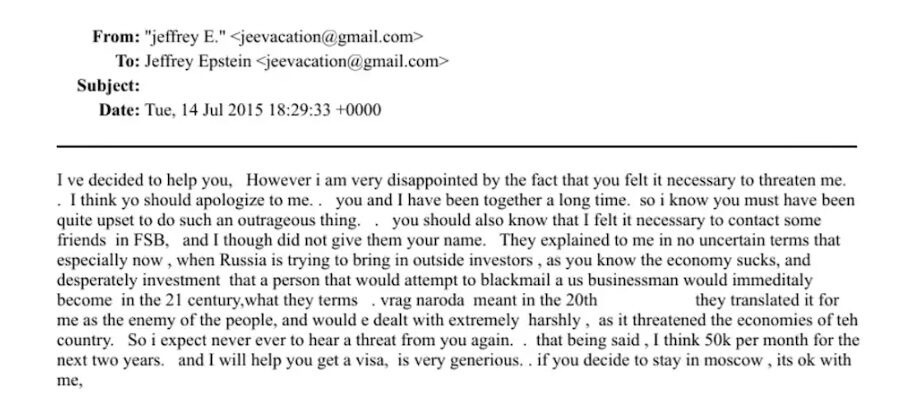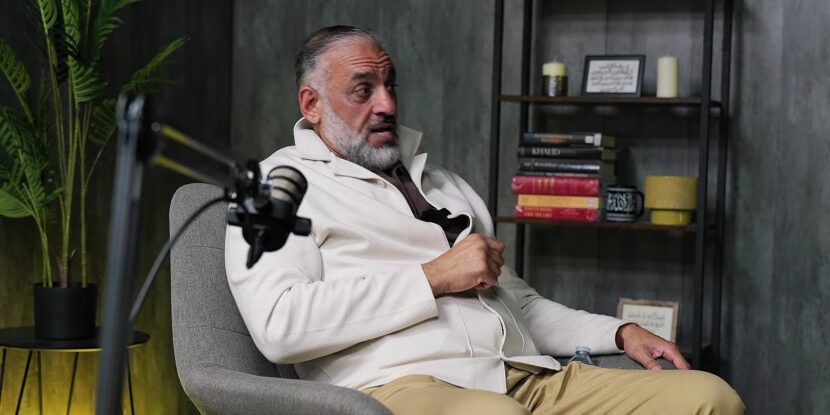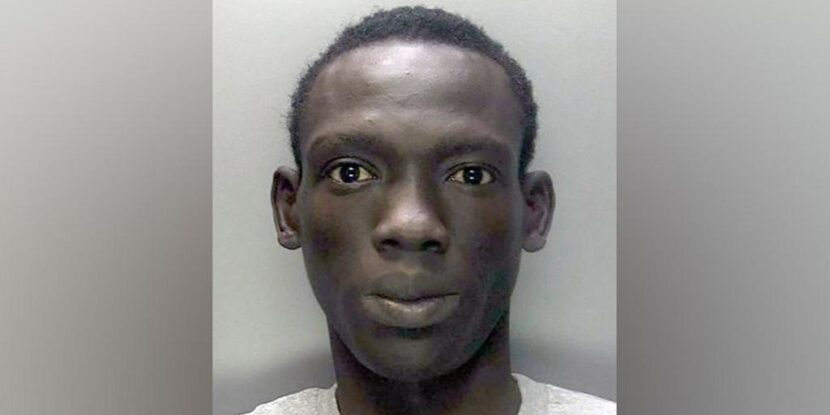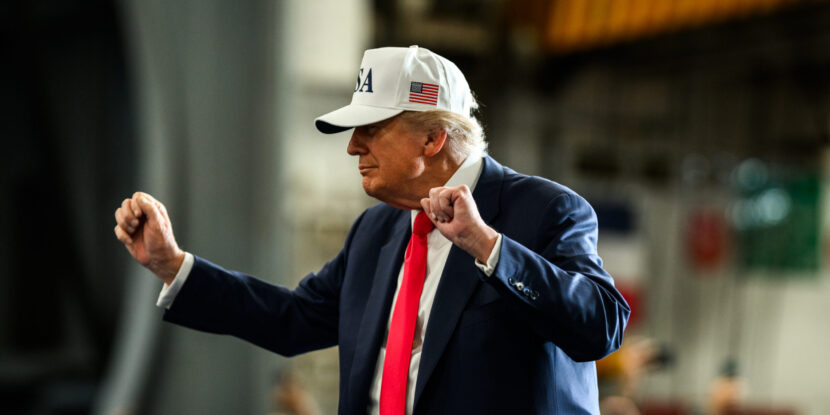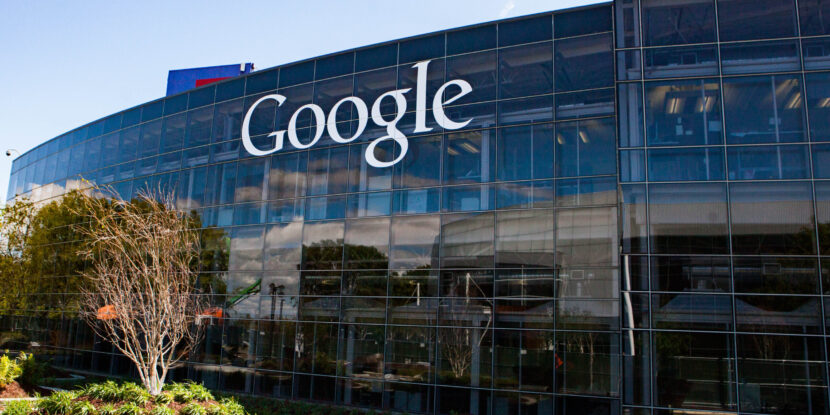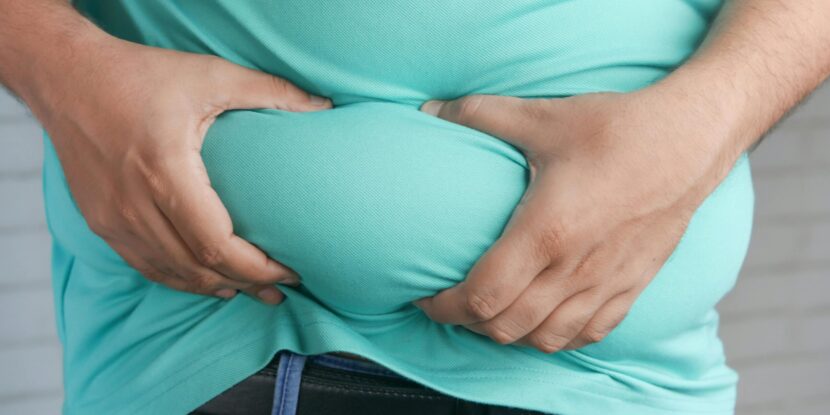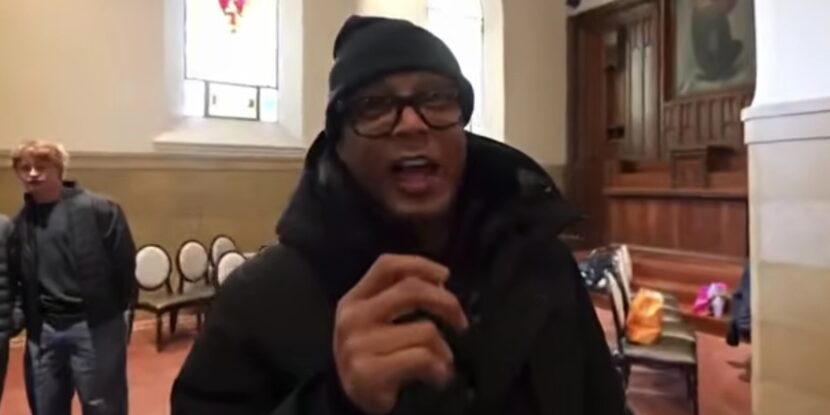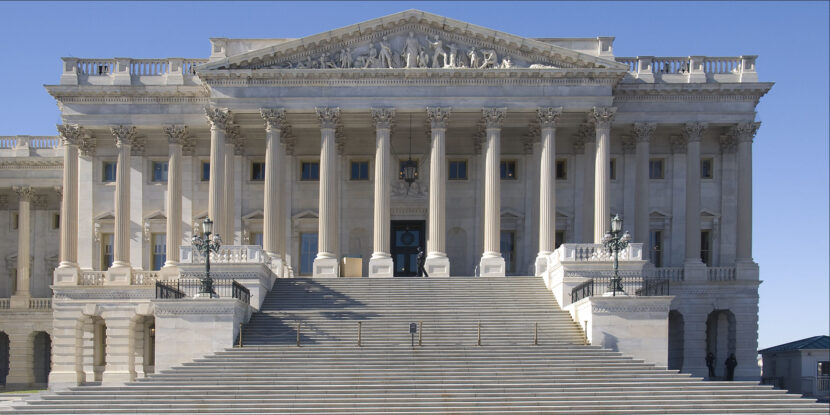❓WHAT HAPPENED: Dutch populist Geert Wilders and his Party for Freedom (PVV) appear to be tied at 26 seats with the liberal-progressive D66 party following national elections in the Netherlands.
👤WHO WAS INVOLVED: Geert Wilders’s Party for Freedom and Rob Jetten’s D66 party.
📍WHEN & WHERE: The election took place on Wednesday in the Netherlands.
💬KEY QUOTE: “The difference between the two leading parties was just over 2,000 votes nationwide,” according to Dutch national news agency ANP.
🎯IMPACT: The unprecedented tie is expected to delay the formation of a new coalition government.
The Dutch populist Party for Freedom (PVV), led by Geert Wilders, and the liberal-progressive Democrats 66 (D66), led by Rob Jetten, both appear to have secured 26 seats in the Dutch legislature with 98 percent of votes counted, according to figures published by the Dutch national news agency ANP. The difference between the two parties was reported to be just over 2,000 votes nationwide, marking the first time in Dutch history that a national election has concluded in such a tie.
The results show Wilders’s PVV losing 11 seats in the 150-member House of Representatives, while D66 gained 11. This razor-thin outcome is expected to prolong and complicate coalition negotiations, a process already notorious for taking months in the Netherlands’ fragmented political landscape.
Wilders reacted to the results, saying, “At the top with 26 seats just like D66. Nobody beats the PVV. Absolutely nobody! The entire campaign attacked by other parties and ‘journalists’, but they won’t bring us down, we stand tall and proud at the top and no other party has more than our 26 seats!!”
The vote follows years of turbulence in Dutch politics. In 2023, the government of long-serving liberal Prime Minister Mark Rutte collapsed after his four-party coalition failed to agree on asylum policies, particularly family reunification rules. Migration has remained one of the country’s most divisive issues, fueling the rise of populists like Wilders, who has long advocated for tighter border controls and a tougher stance on immigration and Islamization.
Economic and social tensions surrounding immigration have also intensified. A major study found that mass migration cost the Netherlands nearly half a trillion dollars between 1995 and 2019. These findings have intensified public debate over the long-term sustainability of migration policies and the pressure they place on housing, healthcare, and social welfare systems.
As the vote count nears completion, the tie between PVV and D66 has thrown the process of government formation into uncertainty. Building a majority coalition will require negotiations among multiple parties with sharply differing priorities. Analysts warn that forming a stable government could take months, or potentially trigger another round of elections if talks fail.
Join Pulse+ to comment below, and receive exclusive e-mail analyses.
